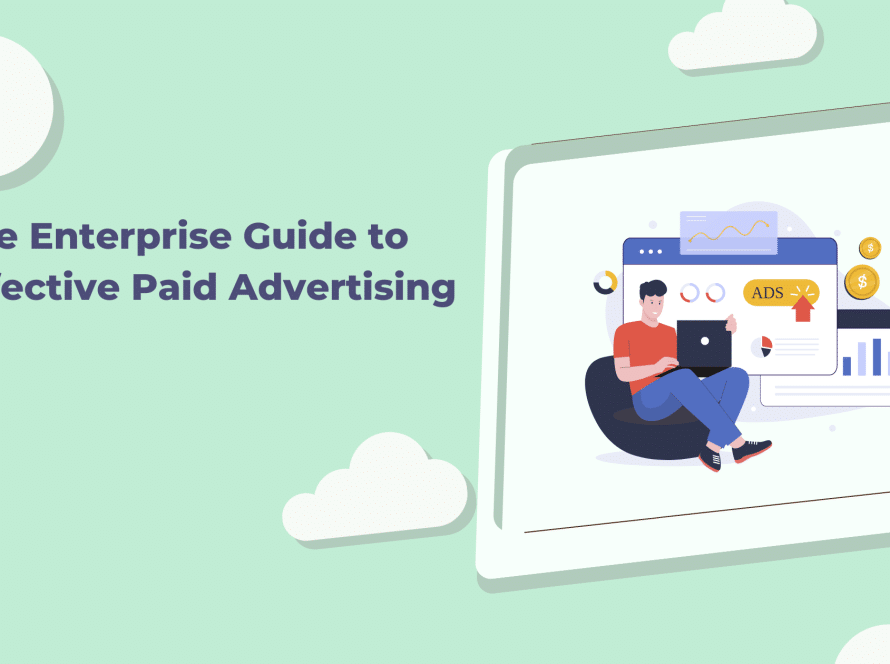Introduction
In the fast-paced realm of digital marketing, the quest for a substantial Return on Investment (ROI) is a top priority for businesses of all sizes. Among the arsenal of digital marketing strategies, Pay Per Click (PPC) stands out as a powerful tool for achieving precisely that. In this comprehensive guide, we will explore seven proven strategies that will not only maximize your ROI with PPC but also the strategies for the digital marketing success game to new heights. Get ready to unlock the secrets to PPC success and watch your business soar in the digital landscape.
1. Define Clear Campaign Objectives
Before launching any PPC campaign, it is crucial to define clear objectives. What are you trying to achieve with your campaign? Do you want to drive more traffic to your website, increase conversions, or boost sales? By clearly outlining your goals, you can tailor your PPC strategies accordingly and measure the success of your campaigns more effectively.
Setting SMART Goals
When defining your campaign objectives, make sure they are SMART—Specific, Measurable, Achievable, Relevant, and Time-bound. For example, instead of setting a generic goal like “increase website traffic,” set a specific goal like “increase website traffic by 20% within three months.”
2. Conduct Thorough Keyword Research
Keywords play a vital role in PPC advertising. Conducting thorough keyword research allows you to identify the most relevant and high-performing keywords for your campaigns. Tools like Google Keyword Planner and SEMrush can help you discover valuable keywords with high search volumes and low competition. Incorporate these keywords into your ad copy, landing pages, and campaign settings for maximum impact.
Long-Tail Keywords
In addition to targeting broad keywords, consider leveraging long-tail keywords. These are longer, more specific keyword phrases that have lower search volumes but higher conversion rates. Long-tail keywords can help you reach a more targeted audience and drive qualified traffic to your website.
3. Optimize Ad Copy and Landing Pages
To maximize your ROI with PPC, it is essential to create compelling ad copy and optimize your landing pages. Craft concise and persuasive ad headlines and descriptions that highlight the unique selling points of your products or services. Ensure that your landing pages are well-designed, mobile-friendly, and provide a seamless user experience. A strong alignment between your ad copy and landing page content enhances the chances of conversion.
A/B Testing
Don’t settle for a single version of your ad copy or landing page. Conduct A/B tests to identify which variations perform better. Test different headlines, calls to action, visuals, and even page layouts. A/B testing allows you to optimize your PPC campaigns based on real data and improve your ROI over time.
4. Implement Conversion Tracking
To measure the success of your PPC campaigns accurately, it is essential to implement conversion tracking. Conversion tracking enables you to track the actions that users take after clicking on your ads, such as making a purchase, filling out a contact form, or subscribing to a newsletter. By tracking conversions, you can identify which keywords, ads, and landing pages are driving the most valuable actions, allowing you to allocate your budget more effectively.
Setting Up Conversion Tracking
Platforms like Google Ads and Facebook Ads provide conversion tracking features. Install the relevant tracking codes on your website or use the platform’s tracking pixel to monitor conversions. Set up conversion goals and track key metrics such as conversion rate, cost per conversion, and return on ad spend (ROAS).
5. Continuous Monitoring and Optimization
PPC campaigns require ongoing monitoring and optimization to deliver optimal results. Regularly analyze the performance of your campaigns and make data-driven adjustments. Monitor key metrics like click-through rate (CTR), cost per click (CPC), and conversion rate. Identify underperforming keywords, ads, or targeting settings and make necessary modifications to improve your ROI.
Quality Score
Pay attention to your Quality Score, a metric used by search engines to measure the relevance and quality of your ads and landing pages. Improve your Quality Score by creating highly relevant ad campaigns, optimizing landing page content, and maintaining strong keyword performance. A higher Quality Score can lead to lower CPC and better ad positions, ultimately maximizing your ROI.
6. Remarketing Campaigns
Remarketing campaigns can significantly boost your ROI by targeting users who have previously interacted with your website or ads. These campaigns display tailored ads to users who have shown interest in your products or services, reminding them of their initial intent and encouraging them to convert. Implement remarketing tags or pixels on your website to create custom audiences and deliver personalized ads to these highly valuable prospects.
Dynamic Remarketing
Consider leveraging dynamic remarketing to display ads featuring specific products or services that users have previously viewed. Dynamic remarketing ads increase relevancy and can significantly improve click-through and conversion rates. Customize your ad messaging and offers based on the user’s past interactions, increasing the chances of generating higher ROI.
7. Regular Performance Reporting
To ensure the long-term success of your PPC campaigns, regular performance reporting is crucial. Set up weekly or monthly reports to track key metrics and analyze campaign trends. Evaluate the overall ROI, cost per acquisition (CPA), and other relevant metrics. Use these insights to make informed decisions, refine your strategies, and drive continuous improvements.
Data Visualization
Utilize data visualization tools and dashboards to present your PPC performance data in a visually appealing and easy-to-understand manner. Visual representations of key metrics and trends can facilitate better comprehension and support more effective communication with stakeholders.
Conclusion
By implementing these seven proven strategies, you can maximize your ROI with Pay-per-click in digital marketing. Define clear objectives, conduct thorough keyword research, optimize your ad copy and landing pages, implement conversion tracking, continuously monitor and optimize your campaigns, leverage remarketing, and regularly report on performance. Remember, PPC success requires ongoing effort and a data-driven approach. With the right strategies in place, you can drive significant business growth and achieve your digital marketing goals.



